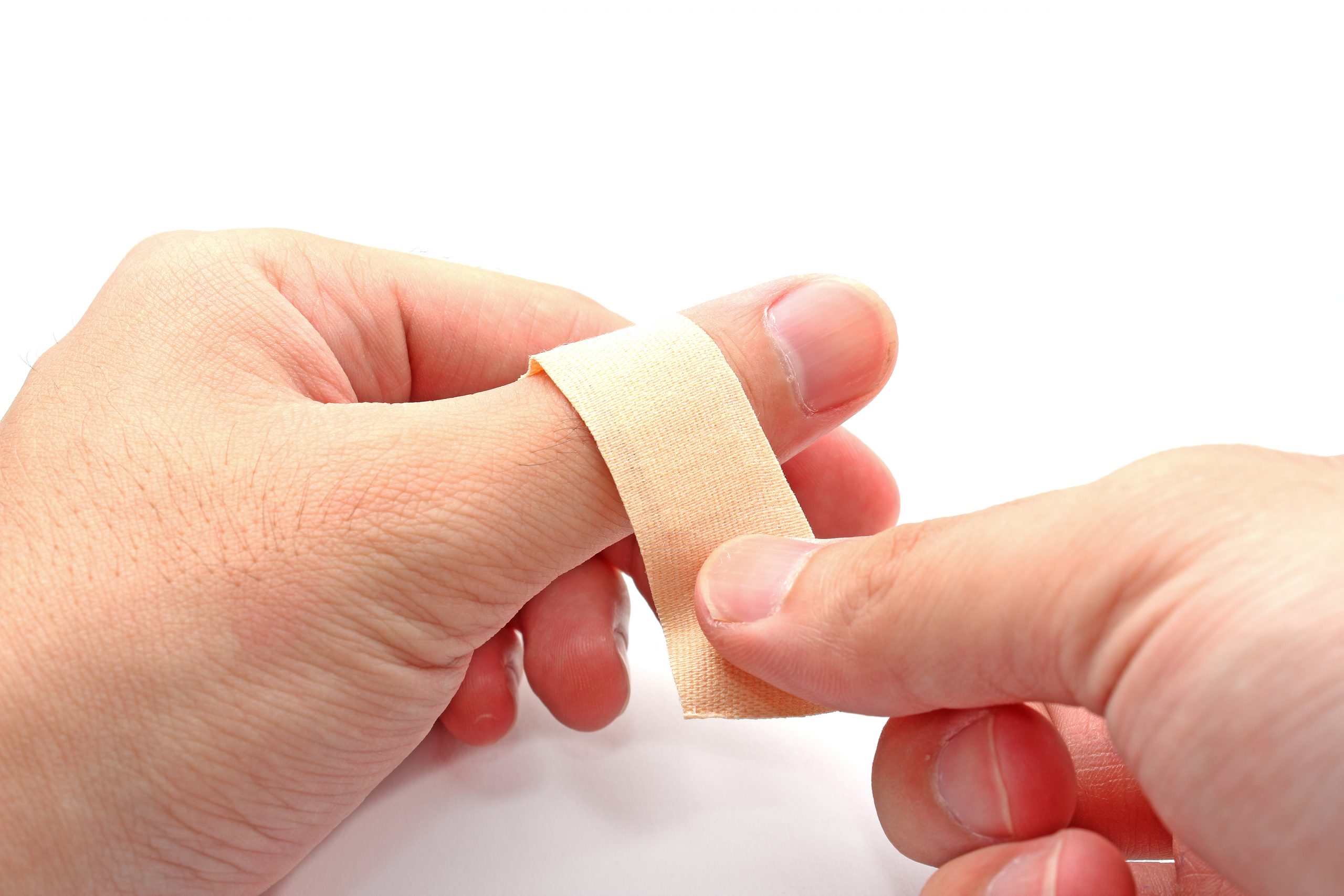

According to a new study by UCL researchers, bandages infused with casein, a protein found naturally in cow’s milk, greatly increased wound healing in rats compared to control groups.
The study, which was published today in the Journal of The Royal Society Interface, is the first to put casein’s rumored healing properties to the test on an animal model. The encouraging findings suggest that casein, which is inexpensive, abundant, and antibacterial, has the potential to replace pricey elements such as silver in wound dressings.
Casein is a protein found in mammalian milk that is most abundant in cow’s milk, accounting for up to 80% of the material. Casein’s antibacterial, antioxidant, and anti-inflammatory qualities, as well as its utility as a high-protein nutritional supplement, have sparked increased study in the recent decade.
UCL researchers blended pure casein with polycaprolactone (PCL), a biodegradable polyester often used as a bandage material, in this work. They spun this combination into bandage-like threads using a technique called pressured gyration, which was invented at UCL in 2013. From there, they manufactured casein-infused bandages. Other, more expensive manufacturing methods, like as electrospinning, would not have allowed for this.
Three groups of rats with identical tiny skin perforations were formed. The wounds of those in the first group were bandaged with casein, those in the second with regular PCL bandages, and those in the third with no bandages.
After three, seven, ten, and fourteen days, the wounds were photographed and measured, as well as examined under a microscope.
The researchers discovered that lesions treated with casein-infused bandages healed to 5.2% of their original size after 14 days, compared to 31.1% in the control group and 45.6% in the untreated group.
The casein bandages were also shown to be non-toxic, with levels of immune-related chemicals significantly lower near wounds treated with them.
Dr. Jubair Ahmed (UCL Mechanical Engineering), first author of the study, said, “Natural materials contain some wonderful properties, many of which are unknown. We knew that casein was reputed to have healing benefits and our results suggest there is a lot of potential to use it in medical applications like wound dressings. More work is needed to ensure that casein dressings are safe and effective in humans, but these initial findings are promising.
Given that casein is a byproduct of skimmed dairy milk, if it were permitted for human use, it would be a reasonably inexpensive material that could be mass produced. However, the chemical composition and potency of natural substances can vary, which must be addressed if casein is to be utilized in the clinic, where consistency is critical for safe and successful treatment.
Professor Mohan Edirisinghe (UCL Mechanical Engineering), senior author of the study, said, “All the research so far suggests that casein has wound healing potential, but at the moment we don’t really know why in any great detail. Casein has antimicrobial and anti-inflammatory properties, which may certainly play a part. The next step will be to understand the biological interactions taking place before we can consider clinical trials in humans.”
more recommended stories
 Nanoplastics in Brain Tissue and Neurological Risk
Nanoplastics in Brain Tissue and Neurological RiskKey Takeaways for HCPs Nanoplastics are.
 AI Predicts Chronic GVHD Risk After Stem Cell Transplant
AI Predicts Chronic GVHD Risk After Stem Cell TransplantKey Takeaways A new AI-driven tool,.
 Red Meat Consumption Linked to Higher Diabetes Odds
Red Meat Consumption Linked to Higher Diabetes OddsKey Takeaways Higher intake of total,.
 Pediatric Crohn’s Disease Microbial Signature Identified
Pediatric Crohn’s Disease Microbial Signature IdentifiedKey Points at a Glance NYU.
 Nanovaccine Design Boosts Immune Attack on HPV Tumors
Nanovaccine Design Boosts Immune Attack on HPV TumorsKey Highlights Reconfiguring peptide orientation significantly.
 High-Fat Diets Cause Damage to Metabolic Health
High-Fat Diets Cause Damage to Metabolic HealthKey Points Takeaways High-fat and ketogenic.
 Acute Ischemic Stroke: New Evidence for Neuroprotection
Acute Ischemic Stroke: New Evidence for NeuroprotectionKey Highlights A Phase III clinical.
 Statins Rarely Cause Side Effects, Large Trials Show
Statins Rarely Cause Side Effects, Large Trials ShowKey Points at a Glance Large.
 Anxiety Reduction and Emotional Support on Social Media
Anxiety Reduction and Emotional Support on Social MediaKey Summary Anxiety commonly begins in.
 Liquid Biopsy Measures Epigenetic Instability in Cancer
Liquid Biopsy Measures Epigenetic Instability in CancerKey Takeaways Johns Hopkins researchers developed.

Leave a Comment